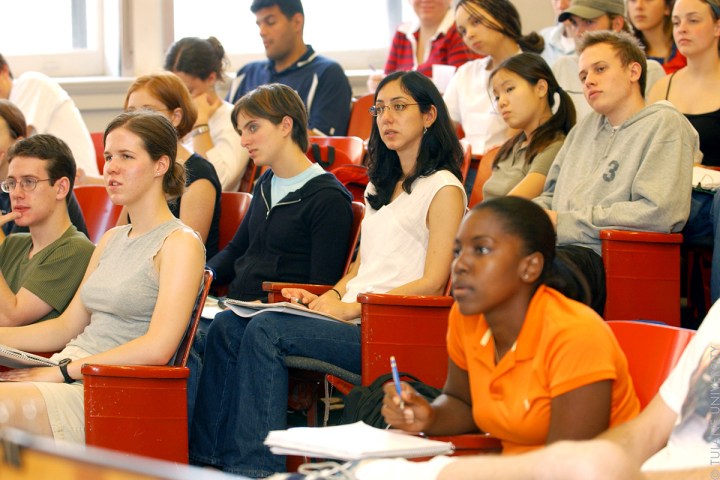
Like any good TA, Ms. Watson’s involvement was low-key but helpful. “She was the person –well, the teaching assistant– who would remind us of due dates and post questions in the middle of the week to spark conversations,” student Jennifer Gavin told the Journal. Some students envisioned their TA as a young PhD hopeful. Few, if any, realized Ms. Watson was actually a computer.
Georgia Tech professor Ashok Goel implemented Ms. Watson in an effort to lessen the burden on his human TAs, who –as most college students can attest– often become overwhelmed by tedious questions from undergraduates who have failed to read the syllabus. Goel, who gave Watson a position in his Knowledge-Based Artificial Intelligence class, claimed his TAs are bombarded by some 10,000 messages each semester.
Ms. Watson and IBM’s supercomputer have more than just a name in common. The machine-TA is supported by IMB’s Watson analytics system, though IBM did not consult on its development. And to ensure accurate communication, Ms. Watson won’t respond to a student’s inquiry if she has less than a 97 percent confidence rate that her answer is correct, said Goel.
Backed by IBM’s computing power and with the apparent success of this pilot trial, Goel told the Journal he expects Ms. Watson to take on 40 percent of his students’ queries within the next year. However, she’ll be limited to answering simple questions about about deadlines and encouraging the class to engage in discussion. After all, it’s probably best to leave it up to humans to answer existential questions regarding the meaning of life and the value of a college education – at least for now.


